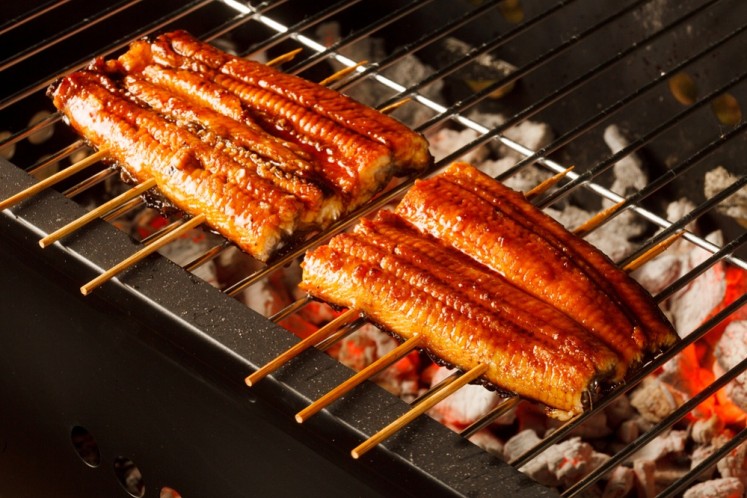[ad_1]
Clothing brand Uniqlo’s Japanese owner said Thursday its China operation would report a large decline in profit in the current fiscal year owing to the country’s COVID-19 restrictions.
Fast Retailing is a bellwether for how major global retailers are being impacted by COVID-related shutdowns in China, one of the biggest growth markets for many Western brands.
China is Fast Retailing’s biggest foreign market, with 863 stores on the mainland and almost 90 outlets in Shanghai — where stringent lockdown measures, introduced in late March, remain in place to contain the country’s worst outbreak of the pandemic.
The restrictions also impact global brands such as McDonald’s and Starbucks, which each have dozens of outlets in Shanghai, while disrupting production for major clothing retailers including H&M and Nike.
Fast Retailing said it expects revenue declines and a large drop in profit in its Greater China segment in the second half and for the whole of fiscal 2022 due to COVID restrictions. Sales in its Greater China region, which includes Hong Kong and Taiwan, struggled in March, as up to 133 stores were temporarily shut down.
The fast-fashion retailer has more Uniqlo stores in China than in its home market of Japan. It opened a flagship store in Beijing in November, its third megastore in mainland China, and plans to open in 100 locations in the country each year going forward.
The weakening yen and higher costs for raw materials and shipping have forced Fast Retailing to consider price rises, in a major shift for a company that has long competed on the inexpensiveness of basic items like socks and underwear.
“There’s absolutely no merit to a weak yen,” Chief Executive Tadashi Yanai told reporters. “Japan is engaged in the business of importing raw materials from all over the world, processing them, adding value to them and selling them. In this context, there is no advantage if the value of a country’s currency weakens.”
The company reported a record half-year profit on Thursday, buoyed by sales growth in North America, Europe and other parts of Asia, while revenue and profit declined in Japan and China.
Operating profit climbed 18% to ¥189 billion ($1.51 billion) in the six months through February from a year earlier.
The company maintained its full-year profit forecast at ¥270 billion. That compares with a consensus forecast for annual profit to total ¥278 billion, according to a Refinitiv poll of 11 analysts.
The Ukraine crisis has created another headwind, leading the company to close its 50 stores in Russia after initially resisting calls to exit the market along with other major brands.
In a time of both misinformation and too much information, quality journalism is more crucial than ever.
By subscribing, you can help us get the story right.
SUBSCRIBE NOW
[ad_2]
Source link
















